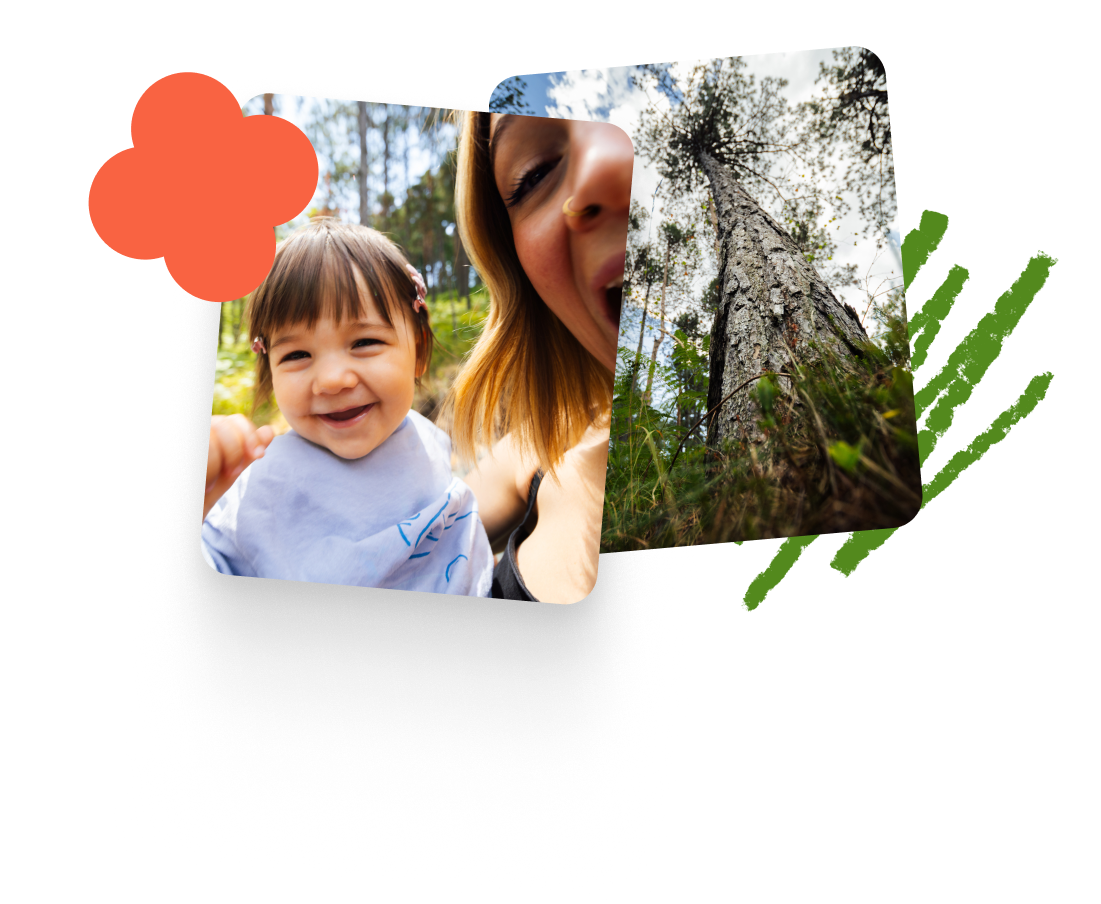
is now part of
Joy Parenting Club!
Families and care organisations using Heba will now have the option to also join Joy. For any questions, reach out to us at hello@heba.care

Families and care organisations using Heba will now have the option to also join Joy. For any questions, reach out to us at hello@heba.care

October 2, 2023
If your child has recently received a diagnosis, for example of autism or ADHD, you may feel overwhelmed and lost - perhaps asking yourself the question, “what do I do now?” There are a wealth of resources and services available, and although they can be difficult to navigate, we’re hear to help you through these.
Take time to understand more about neurodiversity and autism, but remember to focus on your child’s need and not the label, as every child is different.
Accessing neurodiverse-friendly services is a great way to surround you and your child with people in similar situations, and make sure that you understand what it is that can best support your child. There may also be financial assistance available to support you, as well as support in schools – such as EHCPs in the UK, and IEPs in the US.
Many of the challenges that parents or carers of all children may be more pronounced for children with neurodiversity and additional needs. Most commonly, parents are looking for support with the following, which you can click through to learn more about:
People may be better able to understand your child, and how they can help, if you share information about them. You can use Heba’s care passport to describe your child’s needs and preferences.
You’re not alone, and there are brilliantly supportive communities out there. It can be helpful to make connect with other parents in similar positions who may help you understand day to day challenges and experiences. You may be able to do this online via Social Media Groups or through local services, such as Parent Carer Forums.
Do remember, that with social media platforms, always check what you’re being told and be aware of risks relating to privacy and disclosing information.
You must look after yourself in order to care for others, and we highly recommend you check out the brilliant series on Carer Wellbeing by Dr Joanna Griffin. A diagnosis can take some time, and it’s likely you have been building up for it for a while - but it is a significant event regardless.
Don’t push your feelings away, or let a diagnosis consume you. And remember to keep an eye on your other children, if you have them, to understand how to support siblings. Spend quality time with your loved ones, be sure to ask for help when you need it, and remember that after a diagnosis, your child is exactly the same person as before.